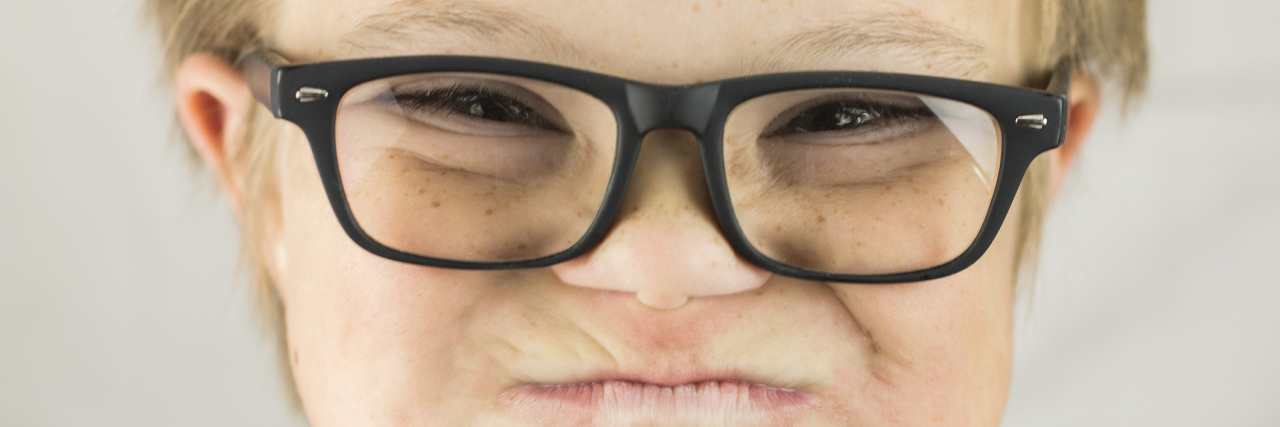A few months ago I wrote about why it’s a mistake to label the parents of children with disabilities as “special.” Ultimately, what makes me — or anyone — a qualified parent is that I love my son enough to take care of him. I don’t have to be some superior kind of person to parent a child with Down syndrome. If something special were required, I’m certain God would have given my son to someone else.
But I think there is another important reason for people to reject the view that, “God gives special kids to special parents.” It’s not just a mistaken understanding of what I am like, it is also a mistaken understanding of what my son is like. Saying that Down syndrome makes my son “special” may reflect something quite dangerous. It might reveal a tragic view of people who have disabilities.
Remember, the idea is that it takes a special kind of person to be the parent of child with a disability. The perspective creates a distinction between this kind of person and that kind of person. Do you see the problem? When we call someone “special” we disassociate from them. “I’m ‘normal,’ and you’re ‘special.’”
“I’m not special,” you might say, “so I can’t handle a special child.” If you think you can’t handle parenting a child who is not typical, are you perhaps admitting that you’d rather not try? Maybe, it reveals that you see people with disabilities as undesirable members of the family. Full disclosure, I had to admit that about myself once.
Truth be told, the “special people” lie, subtly dehumanizes those with disabilities. It’s not something that anyone intends to do, but when you start putting people into categories, you inevitably start to rank them. And that is the real problem. People with disabilities are often seen as less valuable than those who aren’t disabled. And that spills over into how we talk. That’s why people sometimes talk about my son as if he is more like my cute pet than my child. Or why kids (or maybe even adults) sometimes talk to their peers like they are toddlers because they are using a wheelchair.
How we talk is a reflection of how we think. If we have the wrong perspective, we will probably have the wrong words.
So please, join me in trying to be more careful with our words. Let’s examine what may be hiding behind our good intentions. If our goal is to be encouraging and loving, then let’s be thoughtful in how we seek to express that encouragement.
And let’s be willing to do the hard work of searching our own hearts to see if we are looking down on others because they are different.
Kind words will mean a lot more if they come from a truly kind heart.
Follow this journey on Adam’s Notepad.
We want to hear your story. Become a Mighty contributor here.
Thinkstock image by gregorydean

